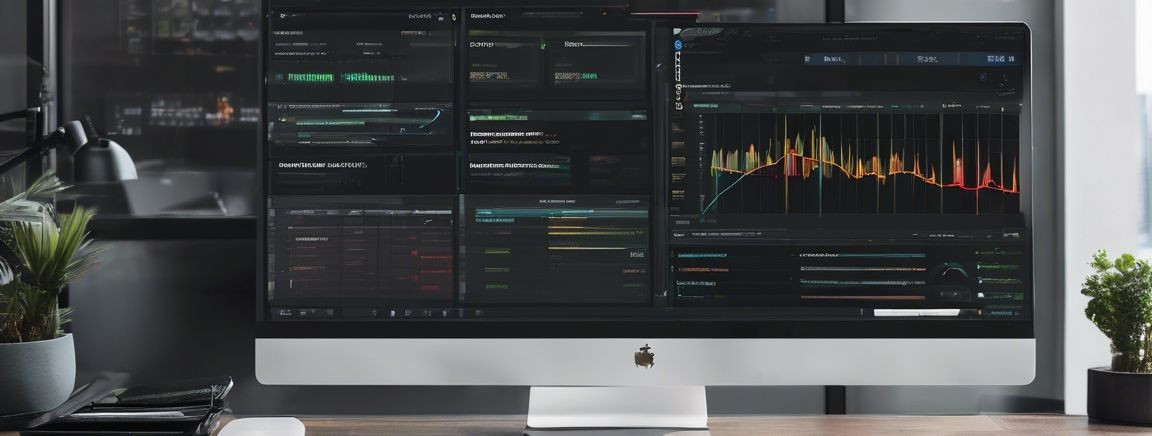Top tips for managing freelancers effectively
The gig economy has transformed the way businesses operate, offering flexibility and access to a global talent pool. Understanding this shift is crucial for effectively managing freelancers. The rise of digital platforms has made it easier for companies to connect with skilled professionals worldwide, allowing for more dynamic and project-based work arrangements.
Freelancers come in various forms, from independent contractors to consultants and temporary workers. Each type brings unique skills and expertise, making it essential to identify the right fit for your project needs. Understanding the different categories can help tailor your management approach to suit each freelancer's working style.
2. Setting Clear Expectations
Clear project scope definition is vital for successful freelancer management. It involves outlining deliverables, timelines, and specific goals. This clarity helps freelancers understand what is expected and reduces the likelihood of misunderstandings or scope creep.
Effective communication is the backbone of successful freelancer management. Establishing protocols for regular updates, feedback sessions, and reporting ensures that everyone is on the same page. Utilizing tools like Slack or Microsoft Teams can facilitate seamless communication across different time zones.
3. Leveraging Technology for Seamless Collaboration
Project management tools like Asana, Trello, or Jira are indispensable for managing freelancers. These platforms help track progress, assign tasks, and manage deadlines, ensuring that projects stay on track and within budget.
In addition to project management tools, communication platforms play a crucial role in freelancer management. Tools like Zoom or Google Meet facilitate virtual meetings, while platforms like Slack enable real-time messaging, fostering a collaborative environment.
4. Building Strong Relationships with Freelancers
Constructive feedback is essential for helping freelancers improve and align with your company's standards. Regular feedback sessions can enhance performance and foster a positive working relationship.
Recognizing and rewarding freelancers for their contributions can boost morale and encourage continued excellence. Simple gestures like public acknowledgment or bonuses can go a long way in building loyalty and motivation.
5. Ensuring Legal and Financial Compliance
Having clear contractual agreements is crucial for protecting both parties. Contracts should outline terms of engagement, payment schedules, and confidentiality clauses to ensure legal compliance and prevent disputes.
Efficient payment processes are vital for maintaining a good relationship with freelancers. Utilizing platforms like PayPal or TransferWise can streamline payments, ensuring timely and accurate compensation.
6. Monitoring and Evaluating Performance
KPIs are essential for measuring freelancer performance. By setting clear metrics, you can objectively evaluate contributions and identify areas for improvement.
Regular performance reviews provide an opportunity to discuss progress, address challenges, and set future goals. These reviews are crucial for maintaining alignment and ensuring that freelancers continue to meet your expectations.






Comments (0)